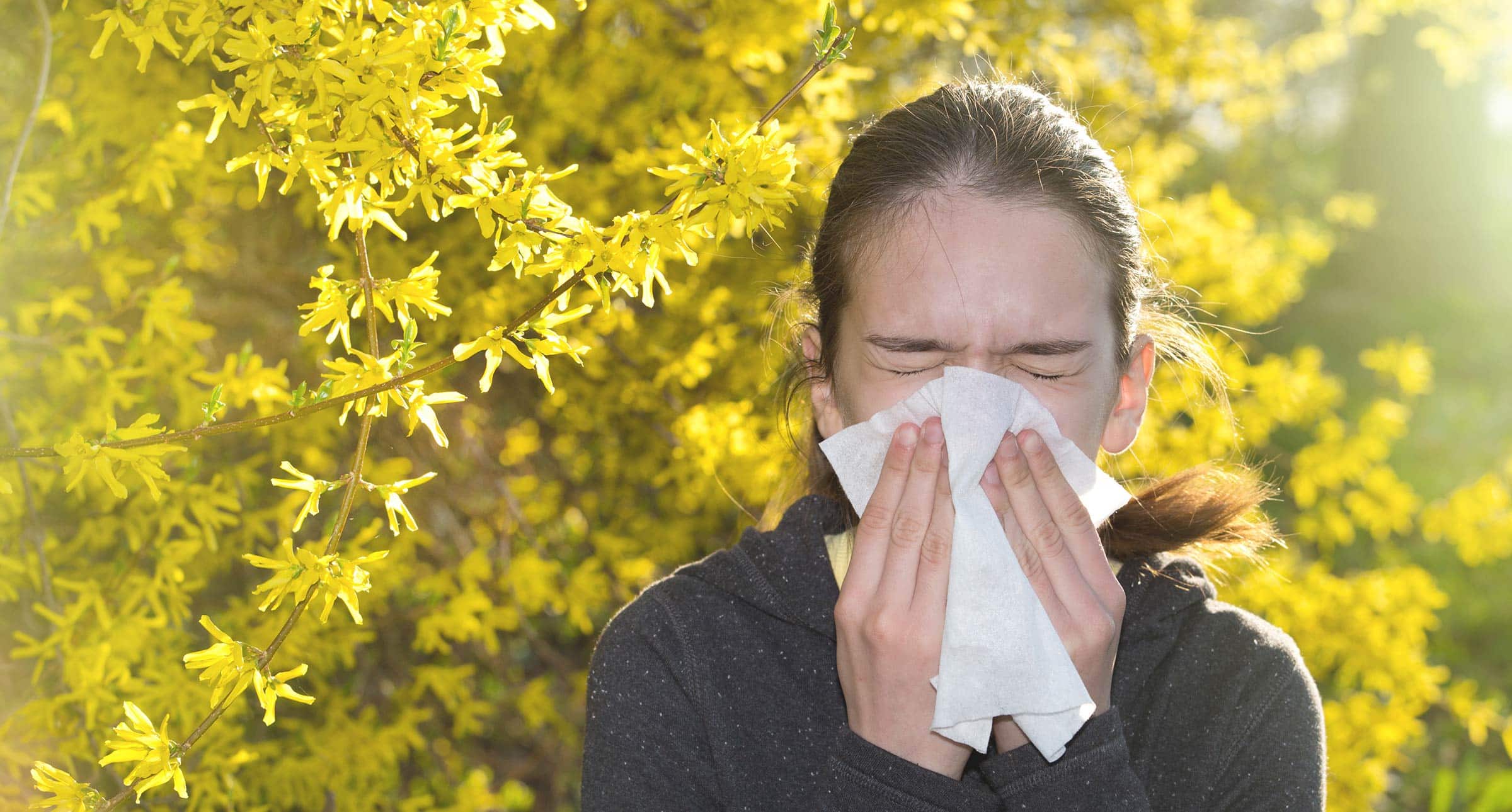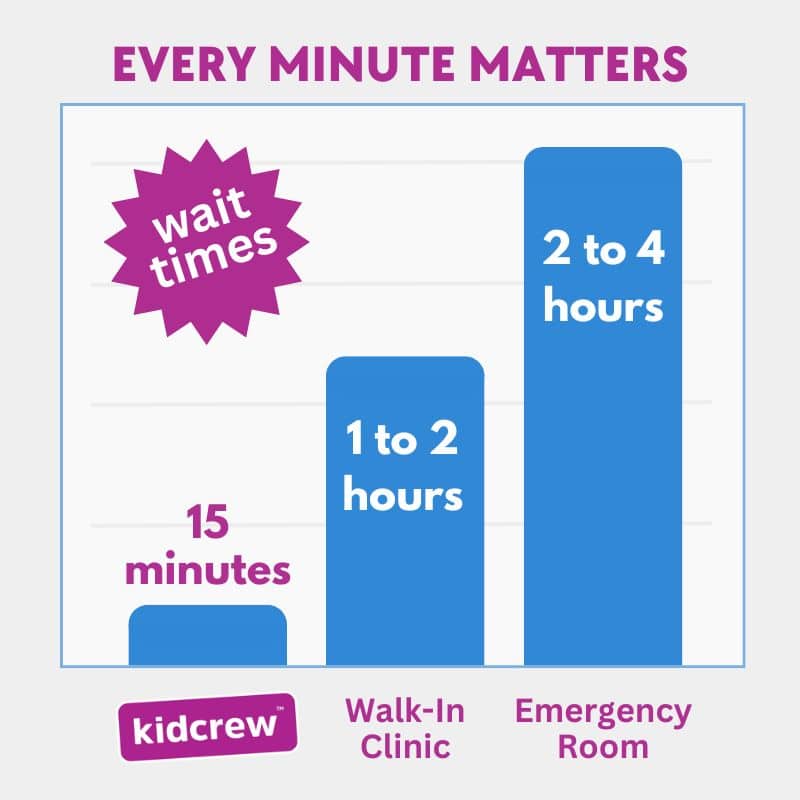When to Choose Urgent Care Over the ER
Imagine it’s a quiet Tuesday evening. You’re in the middle of dinner prep when you hear your toddler’s breath become wheezy, and soon, they start to cough. As a parent, your heart skips a beat—respiratory symptoms can be alarming. It’s situations like these where knowing whether to head to a clinic or rush to the emergency room becomes crucial.
“Every parent knows that sinking feeling of seeing their child struggle to breathe. It’s terrifying, but knowing the right place to go can make all the difference.”
– Dr. Dina Kulik
Understanding Respiratory Symptoms
Mild to Moderate Symptoms:
- Wheezing: Often associated with asthma or a mild respiratory infection. If your child has a known condition like asthma and responds well to prescribed medication, a visit to the urgent care may suffice.
- Cough: mild cough with no respiratory distress can usually be managed well in an urgent care center.
- Sneezing/Cold Symptoms: Usually indicative of a cold or allergy. These are rarely emergencies and can be treated at urgent care, where children can receive antihistamines or other minor treatments.
Severe Symptoms:
- Severe Wheezing or Difficulty Breathing: If wheezing comes with labored breathing, if your child cannot talk or drink, it is not relieved by medication, or if your child appears distressed, it’s time to visit the ER.
- Severe vomiting: if your child ic coughing so hard they cant keep anything down, it is best to seek emergency care.
- Accompanied by High Fever or Rash: These symptoms can suggest a more serious infection like pneumonia or a severe allergic reaction, requiring immediate emergency care.
When to Head to the Emergency Room
Emergency rooms are equipped to handle severe and life-threatening conditions. If respiratory symptoms are accompanied by the following, it’s best to go to the ER:
- Severe breathing difficulty
- Blue lips or face
- High fever with a rash
- Signs of dehydration, like not urinating for several hours
- Extreme fatigue or confusion
Choosing the Right Care
Deciding where to take your child can be daunting. Here are some quick tips:
- Know Your Child’s Health History: If they have conditions like asthma, be prepared with a proper action plan for flare-ups.
- Assess Symptom Severity: Mild symptoms often don’t require emergency care, saving you hours of waiting in an emergency room.
- Consult with a Healthcare Provider: When in doubt, a quick call can direct you to the appropriate care setting.
“Urgent care centers can handle a lot, especially for conditions that aren’t life-threatening. They are a great resource for parents looking to avoid the long waits in the ER.”
– Dr. Dina Kulik
Conclusion: Making Informed Decisions
By understanding the severity of respiratory symptoms and when they warrant a trip to the ER, you can make informed decisions that ensure your child receives the right care at the right time.
Remember, you know your child best. Trust your instincts, and when unsure, professional medical advice is just a call away.








































